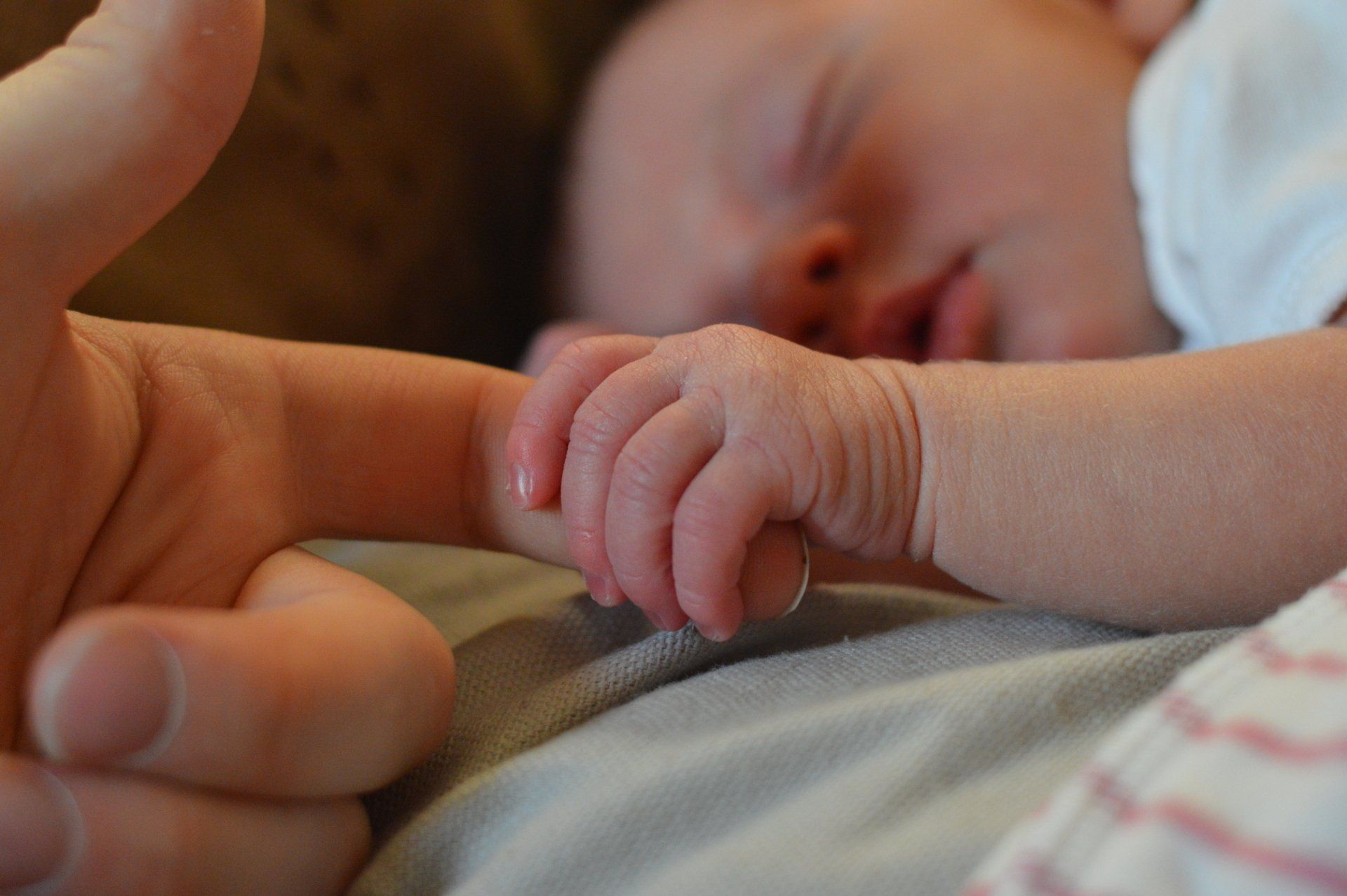COMMON ILLNESSES CHILDREN GET AT CRECHE
As a parent you may feel excited at the thought of your little one starting creche but also nervous.
Not only because it’s a new environment for them altogether but because you’ve likely heard some stories from other parents that go along the lines of: “I just know, if one child is sick, everyone is going to get sick” or “these kids just pass on everything to each other!”
As nervous as you may be, it’s quite normal for young children to catch all sorts of illnesses from one another once the creche season of your life begins.
Babies and toddlers are especially prone to catching various viruses and infections because their immune systems are still developing. Now put a group of young children together sharing toys, sneezing or coughing without covering mouths or touching things and touching one another throughout the day and you have the ideal environment for viruses and bacteria to flourish. And this is how “creche syndrome” comes about; an ongoing cycle of colds and other illnesses.
WHAT ARE SOME OF THE COMMON CRECHE ILLNESSES MY CHILD CAN GET?
Respiratory illnesses:
Coughs, colds and flu fall into this category and you may notice symptoms of a runny nose, coughing and increase in temperature. These get passed on very easily and it may seem as if your child’s nose is constantly runny. It’s been reported that young children in daycares or crèches can get up to 10 -20 upper airway infections a year; mainly the common cold caused by viruses. Ensure you give your child enough fluids and see a doctor if they continue to have a temperature over 38 C for two to three days.
Gastroenteritis:
This causes vomiting and diarrhoea and is usually caused by a bacterial or viral tummy bug. Other symptoms include nausea, tummy pain, fever and lack of appetite. Ensure the child gets plenty of rest and water and stick to plain foods like rice, pasta or toast as rich or salty foods may make them feel worse. Hand washing is important because gastroenteritis is highly contagious so definitely keep them home until they are A-okay. Always consult your paed or family practitioner if they show signs of dehydration, have been vomiting for more than three days, have had diarrhoea for longer than a week or have blood or mucus in their stools. Please also ensure that your child has received the rotavirus vaccine as it helps prevent infection by rotavirus during rotavirus season.
Ear infection:
You may notice your child pulling at their ear in discomfort, irritability and sometimes discharge coming out of their ear. These usually clear up quickly. You can try to relieve the pain by placing a warm or cold washcloth on their ear and wiping any discharge with cotton wool whilst awaiting to be seen by your paed. Any swelling and a very high temperature also calls for a check up with your paed to rule out anything serious. If needed, we will also refer to an ENT surgeon.
Other common illnesses include Hand Foot and Mouth disease as well as worms. They may seem scary but are really not as serious as they sound.
KEEPING YOUR CHILDREN HEALTHY
When it comes to keeping our children healthy, also remember that lifestyle is important.
This includes good nutrition, good hygiene practices and preventing cigarette smoke exposure. If you are particularly concerned about recurring illness in your child, visit your paediatrician to rule out any allergy possibilities or more possible serious issues.
It’s also best to consult with your paediatrician for direction before giving your child multivitamins, immune boosters or certain over-the-counter medicines.
Share this post
Recent Posts

Leave your little one's health in good hands.
Track your child's growth and development, or assess arising health issues with a paediatrician you can trust.



